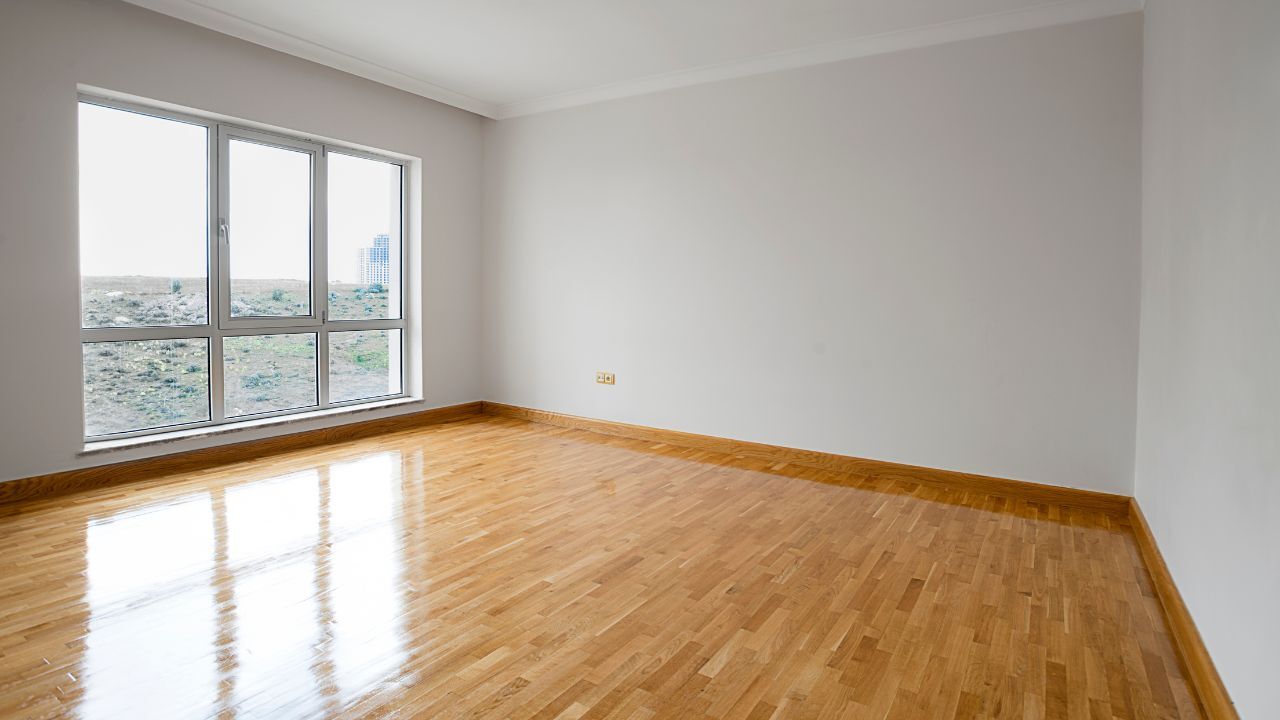 Buying a home is a major investment, and for many buyers, the idea of having a pool is an exciting feature that adds value and enjoyment. Whether you are considering a pool for recreation, relaxation, or future resale, there are many reasons why a pool can be a smart addition to your home search.
Buying a home is a major investment, and for many buyers, the idea of having a pool is an exciting feature that adds value and enjoyment. Whether you are considering a pool for recreation, relaxation, or future resale, there are many reasons why a pool can be a smart addition to your home search.
A Private Retreat Right Outside Your Door
One of the biggest benefits of owning a home with a pool is the convenience of having your own personal retreat. There is no need to pack up the car and drive to a public pool or pay for a club membership. With a pool just steps away, you can enjoy a swim whenever it suits your schedule, whether it is a quick morning dip or an evening swim to unwind.
Ideal for Entertaining
A pool creates a natural gathering place for friends and family. Whether it is hosting a weekend barbecue, a birthday party, or a casual evening with neighbors, a pool adds an inviting element to any event. Poolside entertaining spaces can include patios, outdoor kitchens, and lounge areas that make the backyard a central part of your home’s living space.
Health and Wellness Benefits
Swimming is one of the best low-impact exercises for people of all ages. Having a pool at home encourages regular physical activity, making it easier to stay active and healthy. It can be especially beneficial for families with children or individuals who want a private and convenient way to exercise without needing to leave the house.
Increases Property Value
In many markets, homes with pools are highly desirable. While a pool is not guaranteed to increase a home’s value in every region, it often adds appeal that helps a property stand out. This can be especially true in warmer climates, where pools are considered a valuable and even expected feature. When well-maintained, a pool can enhance the overall aesthetics and perceived luxury of a home.
A Vacation Feel Year-Round
A pool brings a resort-like atmosphere to your everyday life. It offers a place to relax with a book, float on a sunny afternoon, or enjoy family time without leaving home. Many homeowners find that having a pool gives them the feeling of being on vacation without ever having to pack a bag.
Considerations to Keep in Mind
While there are many benefits, it is important to consider maintenance and safety. Pools require regular care and come with added responsibilities, such as keeping the water clean and ensuring safety measures are in place. However, with proper planning and support from professionals, pool ownership can be a rewarding experience.
Buying a home with a pool offers more than just a beautiful backyard. It provides lifestyle benefits, health advantages, and opportunities for memorable moments with family and friends. If a pool is on your wish list, let us help you find the perfect property that combines comfort, value, and the joy of poolside living.
 Selling a home without furniture can be challenging. Empty rooms can feel cold, echoey, and impersonal, making it difficult for buyers to picture themselves living there. While full-scale staging can work wonders, it’s not always in the budget or timeline. The good news? You can create warmth, character, and connection using a few simple tricks.
Selling a home without furniture can be challenging. Empty rooms can feel cold, echoey, and impersonal, making it difficult for buyers to picture themselves living there. While full-scale staging can work wonders, it’s not always in the budget or timeline. The good news? You can create warmth, character, and connection using a few simple tricks. If you have been thinking about investing in a foreclosure property, you will want to make sure the home you choose does not have major hidden issues. Before hiring a professional inspector, you can do a preliminary check by looking out for some of these common problem areas:
If you have been thinking about investing in a foreclosure property, you will want to make sure the home you choose does not have major hidden issues. Before hiring a professional inspector, you can do a preliminary check by looking out for some of these common problem areas: Congratulations! You have closed on your new home! After weeks (or even months) of searching, negotiating, and signing paperwork, you finally have the keys in hand. But before you kick back and start decorating, there are a few essential steps to take to protect your investment and make the transition as smooth as possible.
Congratulations! You have closed on your new home! After weeks (or even months) of searching, negotiating, and signing paperwork, you finally have the keys in hand. But before you kick back and start decorating, there are a few essential steps to take to protect your investment and make the transition as smooth as possible. Buying a home is one of the most exciting milestones in life, but it’s also a process that can sometimes come with unexpected delays. Whether it’s financing hiccups, inspection issues, or paperwork snags, knowing how to keep your purchase on track can make a huge difference. Here’s what you can do to stay proactive and keep moving forward toward your dream home.
Buying a home is one of the most exciting milestones in life, but it’s also a process that can sometimes come with unexpected delays. Whether it’s financing hiccups, inspection issues, or paperwork snags, knowing how to keep your purchase on track can make a huge difference. Here’s what you can do to stay proactive and keep moving forward toward your dream home.
 When searching for a home, location is everything. Some buyers may be drawn to properties near an airport for the convenience, while others worry about noise and air quality. If you’re considering buying a home near an airport, here’s a breakdown of the pros and cons to help you make an informed decision.
When searching for a home, location is everything. Some buyers may be drawn to properties near an airport for the convenience, while others worry about noise and air quality. If you’re considering buying a home near an airport, here’s a breakdown of the pros and cons to help you make an informed decision. When selling your home, first impressions are everything. A clean, well-organized space allows potential buyers to envision themselves living there and can even increase the perceived value of your property. Cleaning is not just about making your home look good; it’s a strategic move to ensure your home stands out in a competitive market. Here’s how to tackle the cleaning process effectively when preparing your home for sale.
When selling your home, first impressions are everything. A clean, well-organized space allows potential buyers to envision themselves living there and can even increase the perceived value of your property. Cleaning is not just about making your home look good; it’s a strategic move to ensure your home stands out in a competitive market. Here’s how to tackle the cleaning process effectively when preparing your home for sale. When preparing to sell, many homeowners consider renovations to boost their property’s appeal and value. While updating a home can make it more attractive to buyers, it’s crucial to weigh the potential benefits against the costs. Here’s a look at the pros and cons of renovating before listing to help you make an informed decision.
When preparing to sell, many homeowners consider renovations to boost their property’s appeal and value. While updating a home can make it more attractive to buyers, it’s crucial to weigh the potential benefits against the costs. Here’s a look at the pros and cons of renovating before listing to help you make an informed decision. As a first-time homebuyer, one of the biggest decisions you’ll face is whether to buy a cozy condo or invest in a larger home. Both options have their perks, and while condos may initially seem more affordable and convenient, opting for a larger home can offer significant long-term advantages that make it a better investment. Here’s why splurging on a larger home might be the right move for your future.
As a first-time homebuyer, one of the biggest decisions you’ll face is whether to buy a cozy condo or invest in a larger home. Both options have their perks, and while condos may initially seem more affordable and convenient, opting for a larger home can offer significant long-term advantages that make it a better investment. Here’s why splurging on a larger home might be the right move for your future.